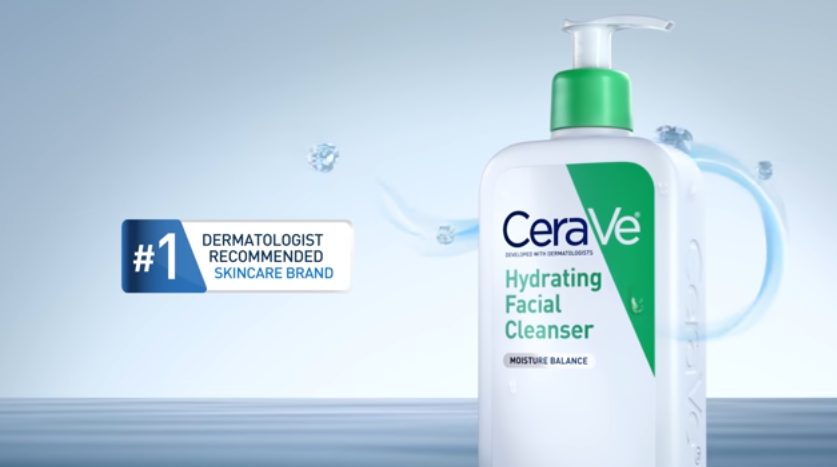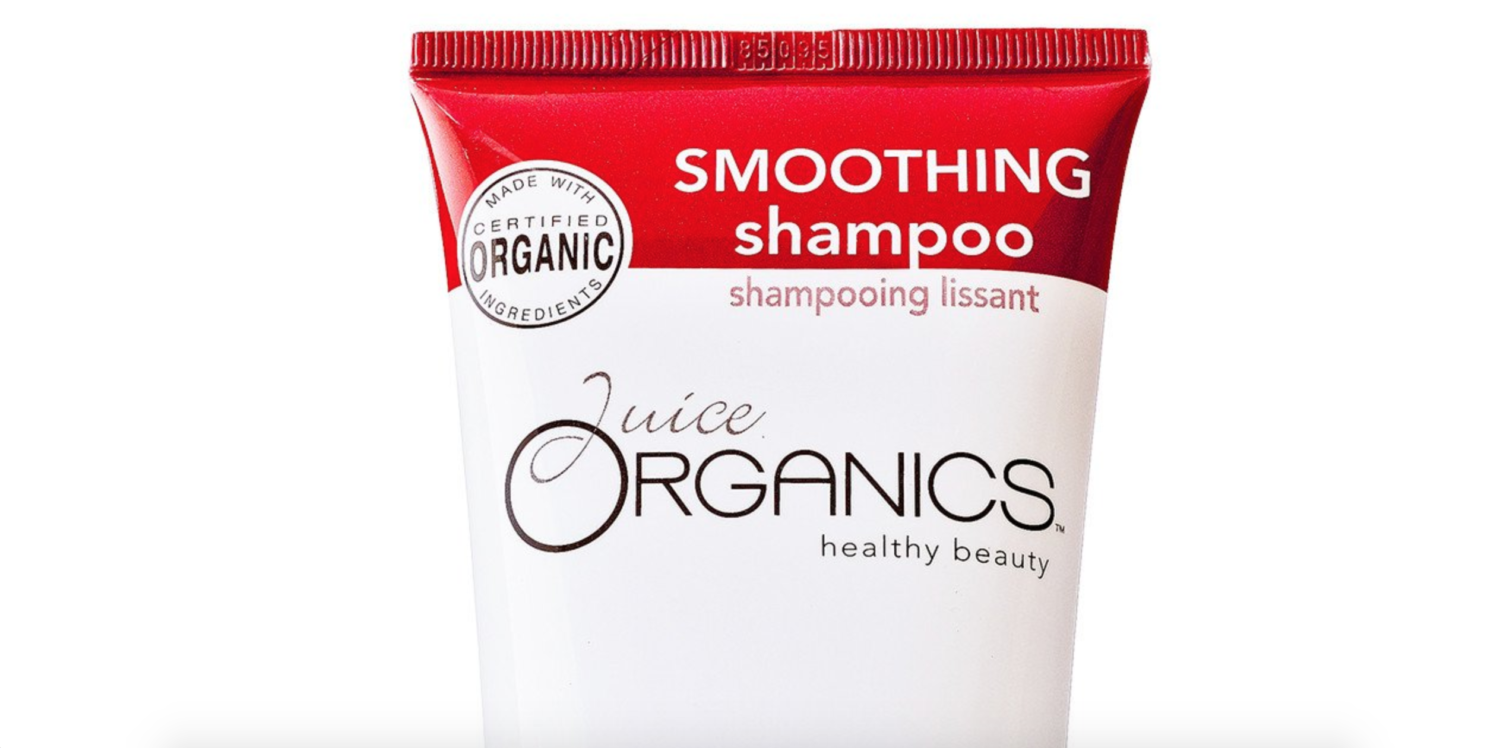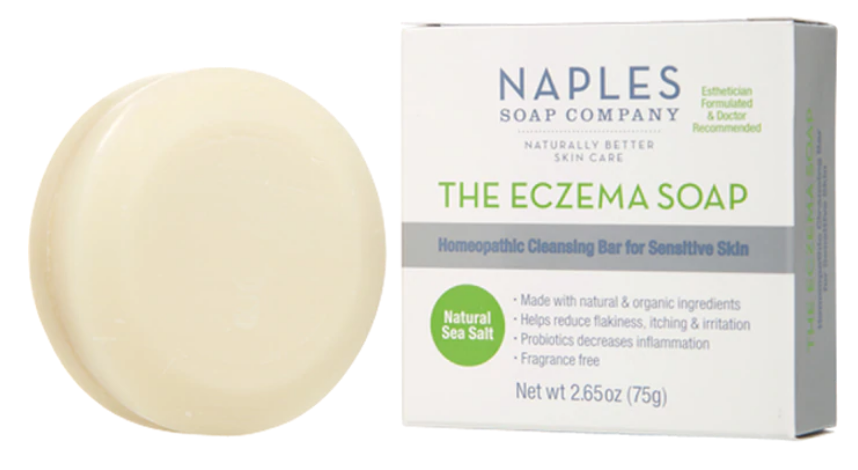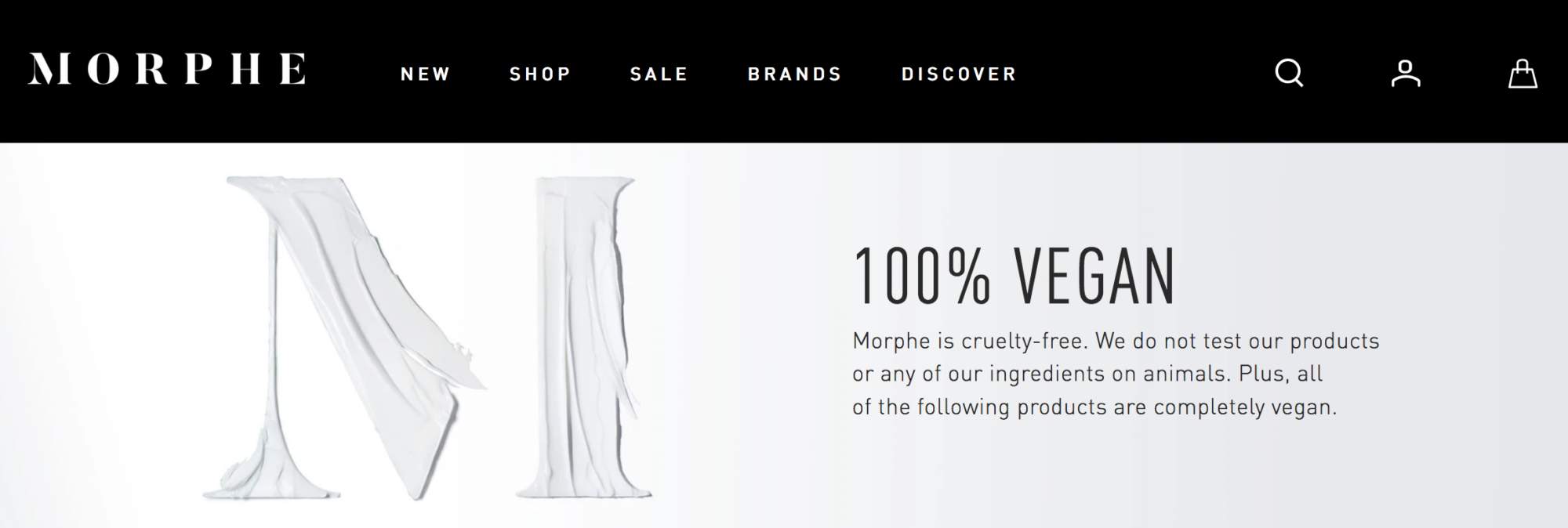
CeraVe
Do dermatologists really recommend CeraVe more than any other skincare brand?
Depending on your preferred definition of organic, these organic claims may be merely cosmetic.
Juice Organics is on a mission. According to its website, that mission is to:
create the most luxurious and effective haircare products, made with the highest content of certified organic ingredients possible.
So for a brand with “Organics” in its name, “highest content” must mean 100 percent, right? Wrong. The legal standard that Juice Organics follows — the California Organic Products Act of 2003, or COPA — does not require that its products be even close to 100 percent organic to be marketed as organic or made with organic materials. COPA states:
Cosmetic products sold, labeled, or represented as organic or made with organic ingredients shall contain, at least 70 percent organically produced ingredients.
So while Juice Organics carries the words “made with certified organic ingredients” on the bottles of some of its shampoos and conditioners, there are numerous ingredients in its products that are not organic, including the following:
For more of TINA.org’s coverage of organic claims, click here.
Our Ad Alerts are not just about false and deceptive marketing issues, but may also be about ads that, although not necessarily deceptive, should be viewed with caution. Ad Alerts can also be about single issues and may not include a comprehensive list of all marketing issues relating to the brand discussed.
Do dermatologists really recommend CeraVe more than any other skincare brand?
From “cruelty free” to “Made in the USA,” TINA.org finds personal care company’s marketing awash with questionable labels.
Customers react to product losing its vegan status following what Morphe called “formula modifications.”


